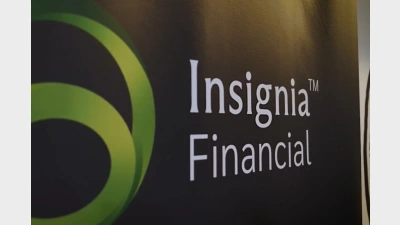ATO flags simpler super approach
The Deputy Commissioner of Taxation responsible for superannuation, Raelene Vivian, has used a recent speech to the Investment and Financial Services Association (IFSA) to flag the manner in which the Australian Taxation Office (ATO) believes funds will be affected by the Government’s simpler super regime.
Vivian said the first impact on funds was expected to be in the area of the transitional excess non-concessional contribution caps, albeit that it was not expected that the number of funds affected would be huge.
She said it was expected that the numbers affected would be in the hundreds rather than the thousands.
“As you know, people who have exceeded the $1 million cap between May 10 and December 6, 2006, can apply to us for a release authority to authorise the fund to release the amount over $1 million,” Vivian said. “People will need to request their release authority from the Tax Office before June 30, this year, and we will start to administer the requests as they are received.”
She said when people requested a transitional release authority the ATO would be asking for documentary evidence that non-concessional contributions in excess of $1 million were actually made.
Vivian said superannuation fund members could use a letter from their employer that showed the contribution was an employer contribution that exceeded the age based deduction limit, a contribution acknowledgement letter, a super fund statement or a super fund letter that verified the amount was a non-concessional contribution and the date that it was made.
Recommended for you
Morningstar believes there is still further to run with the potential takeover of Insignia Financial even with original bidder Bain Capital walking away.
Insignia Financial has announced the status of the two private equity bidders as due diligence comes to an end.
The future of superannuation policy remains uncertain, with further reforms potentially on the horizon as the Albanese government seeks to curb the use of superannuation as a bequest vehicle.
Superannuation funds will have two options for charging fees for the advice provided by the new class of adviser.










